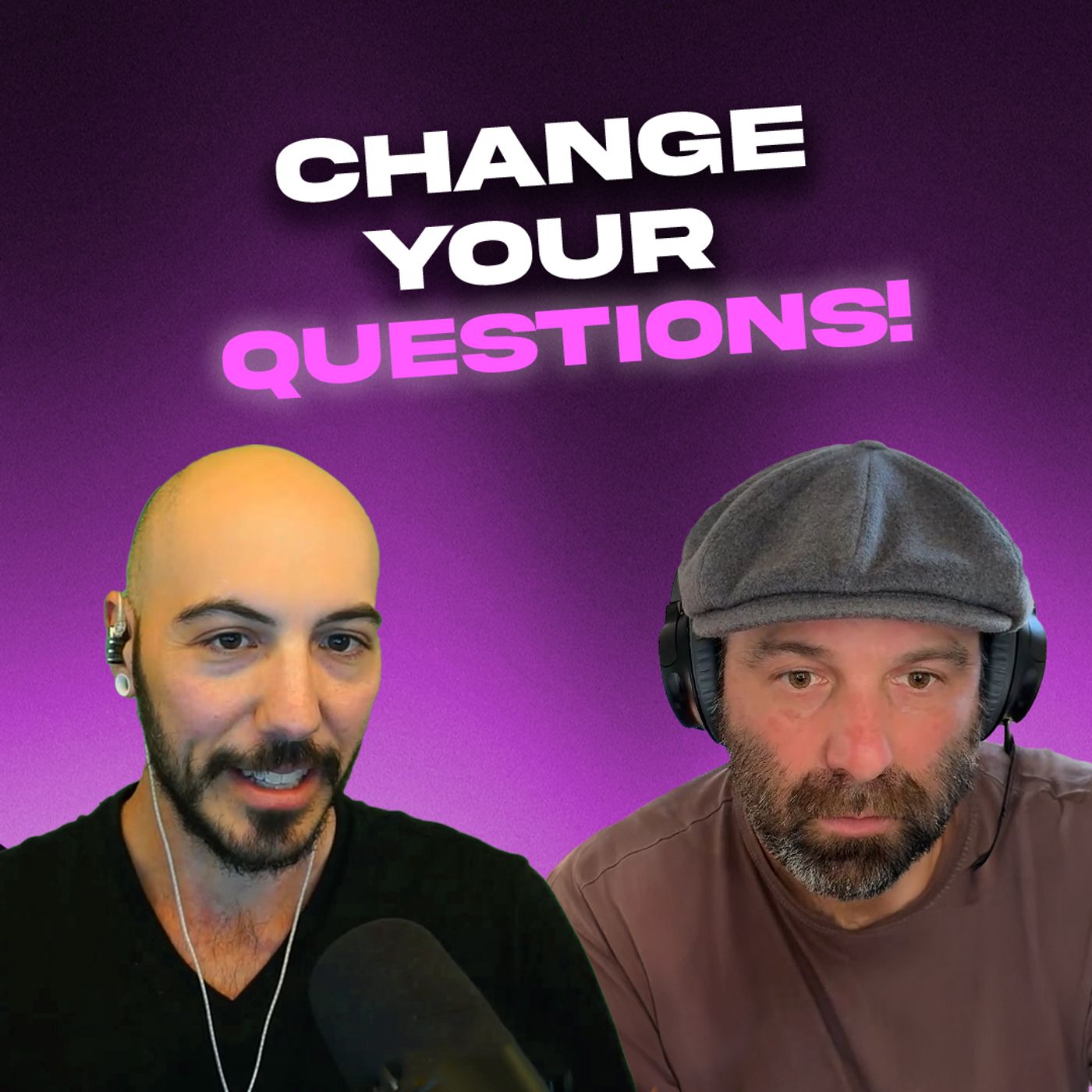Fear and Loathing in Truth or Consequences, performed by Taylor Genovese: Storyslamming Anthropology Series #2


Storyslamming Anthropology Series, Story 2. Written and Performed by Taylor Genovese
In recent years, the terms Public and Anthropology have been paired with more frequency. Yet, what this seemingly suspect partnership is, how it could function, and what goals it could have are still in relative formation. Today, public anthropology might mean several different things ranging from jargony lectures that are “open to the public”, digital media (like blogs, videos, or podcasts) that are generally accessible online, or presentations given to an informant public on work produced by a researcher. Large voids remain. We ask, then, why not turn to already publicly oriented writing for inspiration? What if “Guns, Germs and Steel” (Diamond 1999), “Sapiens: A Brief History of Humankind”, (Harai 2015) or “Freakonomics” (Levitt and Dubner 2009) were written by anthropologists?
What if we told you that once upon a time, they were? When Margaret Mead wrote “Coming of Age in Samoa” in 1928, anthropologists and non-anthropologists alike flocked to her work because of its accessibility - and felt topical relevance. Could such an achievement be attainable today?
While some scholars might reject an approach based on “popular” writing, we argue that the enormous success of the above books (as well as the podcasts, YouTube videos and Netflix series based on them) demonstrates a general interest in theories of humankind, what it means to be human in the contemporary world, and throughout history. We ask why have anthropologists not followed suit? Despite the massive amount of scholarship published each year by anthropologists, none seem to crack that elusive space between rigorous research and “pop-science.” While there are trade offs between academic complexity and writing for a lay audience, the theme of the 2017 American Anthropological Association conference, "Anthropology Matters!" speaks to our need to talk across (and storytell) different worlds. Our goal with this experimental panel was to invoke the public spirit of Franz Boas, Margaret Mead, Melville Herskovits and others to speak to 21st century concerns from a comparative perspective in clear language. We picked papers that revealed juxtapositions, seemingly counter- or non- intuitive links between subjects, objects, ideas, emotions, practices, or traditions that we felt can intrigue, educate, and delight participants. The goal of this series of to expand our genres of sharing ethnographic and anthropological insight. We hope you enjoy!
Story 1: #MeToo: Stories in the Age of Survivorship by Emma Backe


















































